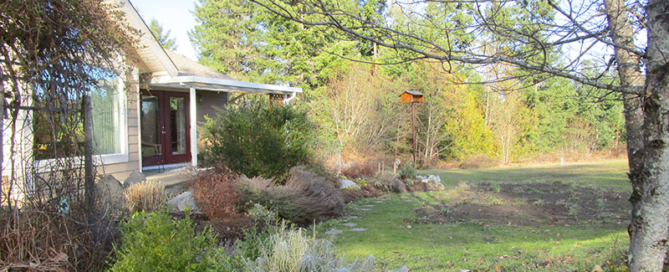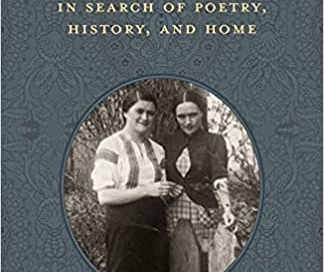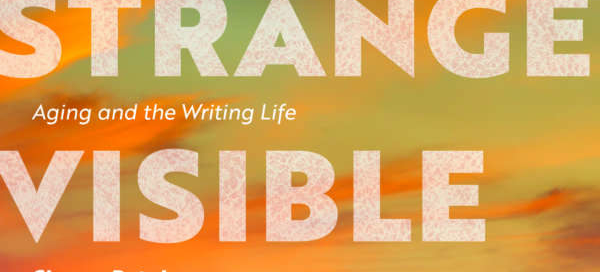Middles
I asked the women in the Writing Life circle, what’s in the middle? It was the first writing circle of a six-week series with the theme of “Piecing Our Stories from Life.” I had quilts in mind when I came up with the theme of “piecing” and quilts always start in the middle.
The women in the Writing Life circle have written together, in the past, for weeks and some for years. I wondered what they thought was in the middle of the writing they had done in the past. What did they think was a recurring theme.
As I write along with the other writers, I thought of the “middle” of my own writing. It’s interesting to approach the question by answering it in the third person as then you can have some distance and some insight about this particular writer whose work you have read (who just happens to be you).
I wrote: Mary Ann Moore writes about peonies in her grandparents’ garden, her first grade school teacher, a fresh radish from the vegetable patch. It’s life’s ordinary pleasures that appear to bring her joy. Even while travelling in Greece or Turkey, Mary Ann notes the oregano on feta, a circle of women telling stories. There is a spiritual aspect – the muezzin’s call to prayer, the sanctity of the Hagia Sophia, the sarcophagus of the poet Rumi with its gold Arabic calligraphy. [Photo of crewel work by my mother, Billie, with cover of poem called “Women’s Hands.”]
Planting seeds in the field of a Turkish eco-farm takes her back to sitting by the cucumber patch with her grandfather, his cutting of a fresh cucumber slice with his pocket knife.
Mary Ann links the Ottawa Valley to […]



